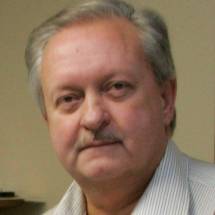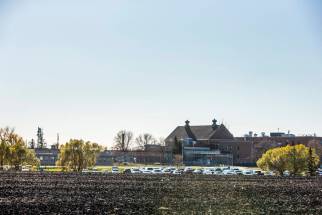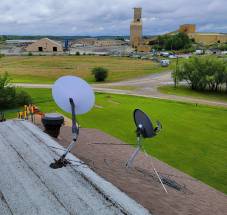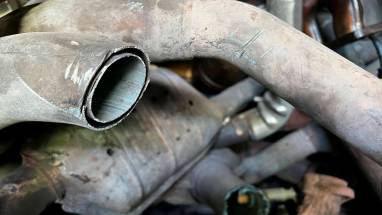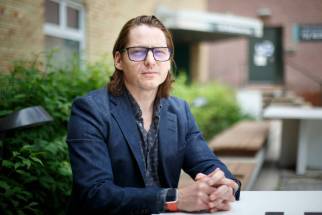Have the donation conversation If you’re among 61,000 organ donors, or one of the 10,000 hoped for this year, please tell your family, Transplant Manitoba advises
Read this article for free:
or
Already have an account? Log in here »
To continue reading, please subscribe:
Monthly Digital Subscription
$0 for the first 4 weeks*
- Enjoy unlimited reading on winnipegfreepress.com
- Read the E-Edition, our digital replica newspaper
- Access News Break, our award-winning app
- Play interactive puzzles
*No charge for 4 weeks then price increases to the regular rate of $19.00 plus GST every four weeks. Offer available to new and qualified returning subscribers only. Cancel any time.
Monthly Digital Subscription
$4.75/week*
- Enjoy unlimited reading on winnipegfreepress.com
- Read the E-Edition, our digital replica newspaper
- Access News Break, our award-winning app
- Play interactive puzzles
*Billed as $19 plus GST every four weeks. Cancel any time.
To continue reading, please subscribe:
Add Free Press access to your Brandon Sun subscription for only an additional
$1 for the first 4 weeks*
*Your next subscription payment will increase by $1.00 and you will be charged $16.99 plus GST for four weeks. After four weeks, your payment will increase to $23.99 plus GST every four weeks.
Read unlimited articles for free today:
or
Already have an account? Log in here »
Hey there, time traveller!
This article was published 18/07/2022 (1238 days ago), so information in it may no longer be current.
When Winnipegger Rick Schmidt receives a call to fly to Edmonton for a double-lung transplant, Dr. Owen Mooney is one of the people he can thank.
Man approved for double lung transplant waiting for call

Posted:
Rick Schmidt remembers the day in 2018 when he received his diagnosis of idiopathic pulmonary fibrosis.
Mooney, 45, is a critical care physician and medical director for Transplant Manitoba. He is one of a number of people across Canada whose job it is to secure organs for transplantation for people like Schmidt.
Although he works on the organ donation side, and isn’t involved in transplantation, “it’s such a good feeling when an organ is found for someone,” he said. “It’s indescribable.”
The challenge for Mooney is to get more people to sign up to be organ donors.
Currently, just over 61,000 Manitobans have signed up. Meantime, there are about 230 people in the province on the transplant waiting list — most for kidneys, but also for hearts, lungs and livers.
Almost anyone can donate organs after death, Mooney said; only people with cancer are screened out for internal organs, although eyes can still be donated.
Age can be a factor, too, but the health of the donor is the main thing.
The organs most needed in Manitoba are kidneys. “You don’t have to be deceased to do that,” Mooney said, noting people can donate one while living.
There is also demand for other organs such as lungs, hearts, pancreas, small bowel, skin and eyes, he said, adding “they are all in need.”
Organs donated in the province can end up anywhere across Canada, Mooney said, noting it works the other way around, too, with organs from other provinces being made available to Manitobans.
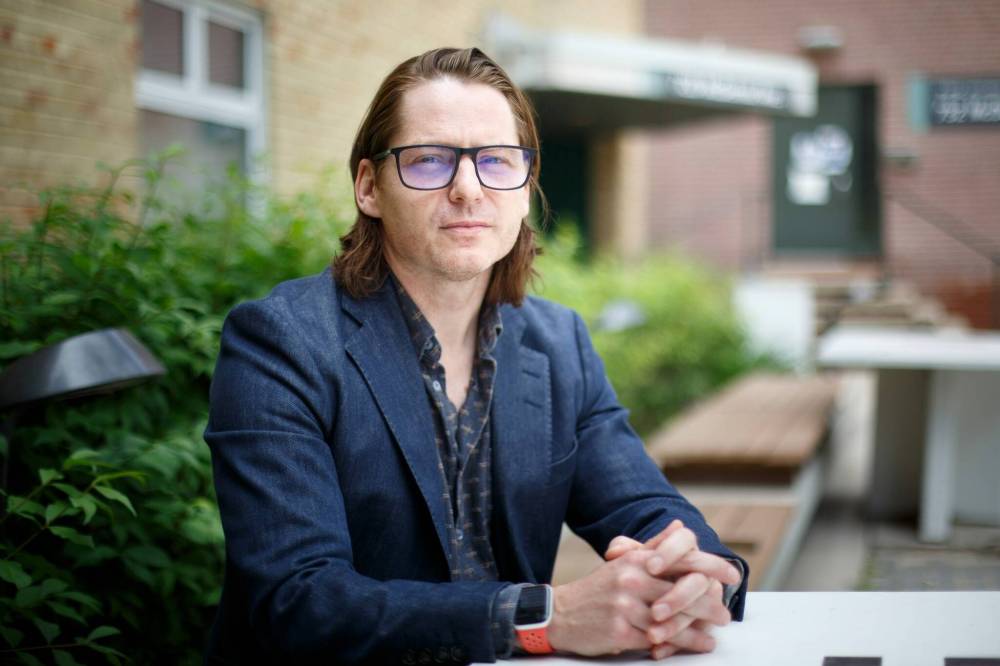
As for how the organ donor process works, Mooney explained when someone dies their name is run through Transplant Manitoba’s donation list.
If there is a match, the family of the deceased is notified and asked for permission to procure the organs.
“This is one of the most difficult times of their lives, so we know it’s a hard thing to do,” Mooney said, noting family consent is required before organs can be donated.
“By saying yes, it’s a way of honouring their loved one and their wishes.”
If the family knows the deceased was registered as an organ donor, 90 per cent of the time they agree. If they don’t know, it falls to 50 per cent.
To ensure organs are donated after death, Mooney recommends donors tell their loved ones about their decision.
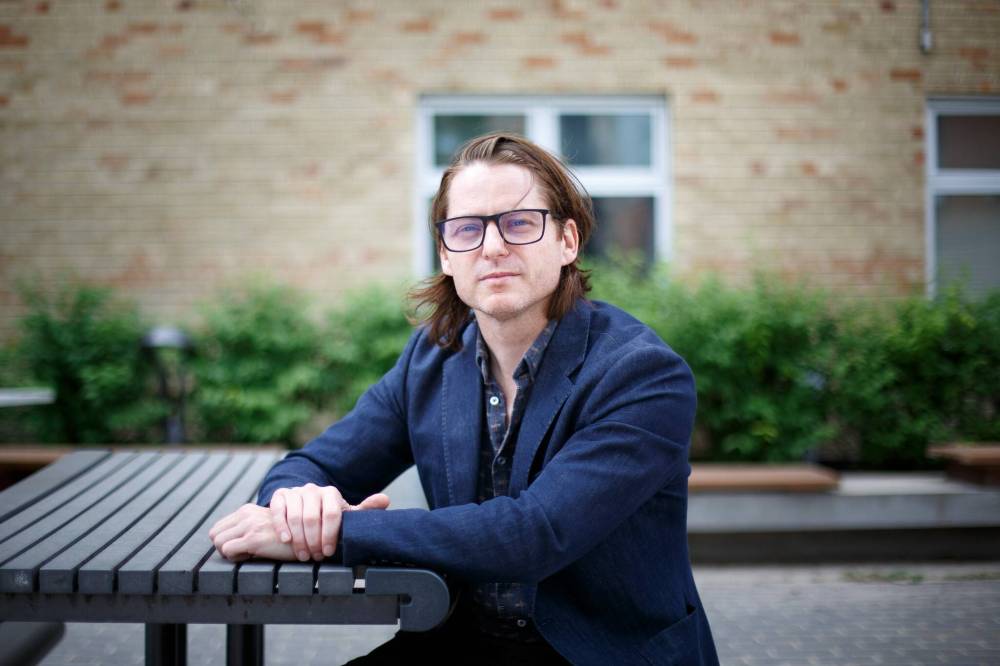
When families say no, the most common reason is because they didn’t know the deceased’s intention, he said.
“It’s best if the family is aware of your wishes as a donor,” he said. “It makes things easier. The family is more likely to consent then.”
When it comes to religious belief, Mooney noted that most major religions do not forbid organ donation; people can consult their religious leaders if they have any questions.
While Mooney isn’t involved in the transplant side of things, he knows first-hand the impact organ donation can have — a friend was the recipient of a life-saving organ.
“He wouldn’t be with us without it,” he said, adding “Knowing what it means for recipients keeps me going, drives me to do this work.”
For Schmidt, who is registered as an organ donor, knowing someone somewhere in Canada will donate a pair of lungs so he can live is a humbling and hopeful thing.
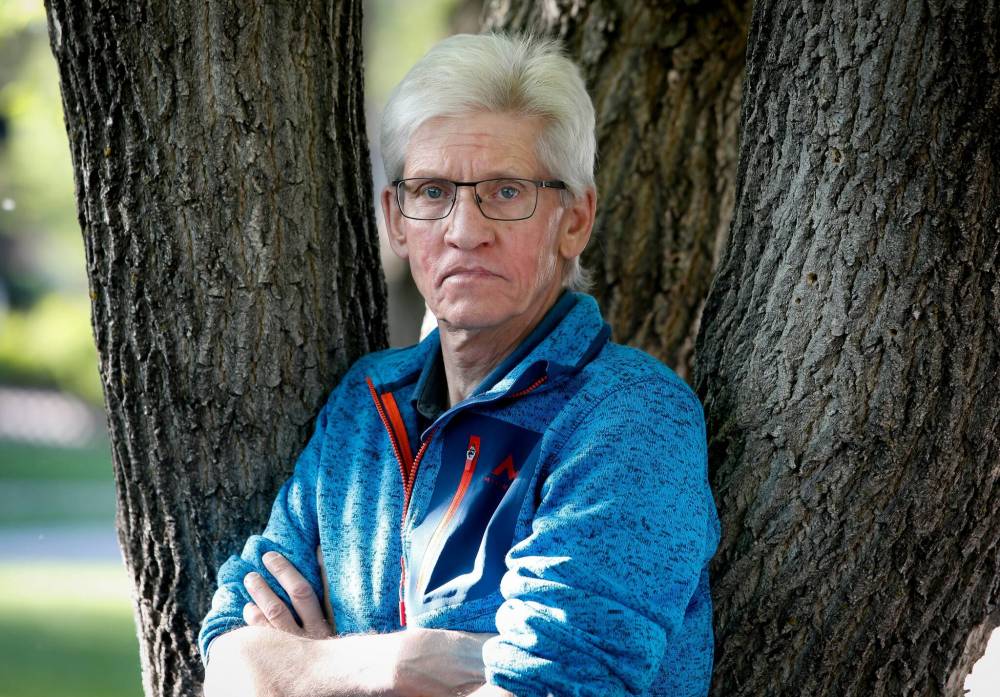
“For someone like me, at the receiving end of an organ donation, all I can do is express my gratitude,” he said.
He remembers after his father died, and the family was asked if his eyes could be donated.
“We said, ‘Sure,’” he said. “He wasn’t going to need them anymore.”
He is also aware that “what will be a blessing for me will be sad for someone else,” especially if the donor is a younger person or died tragically.
His concern now is to get the word out to more people in the province so they will sign up to be organ donors.
“When someone dies with valuable organs to share with someone else, why not share what can’t be used anymore?” he said.
That’s the message Roberta Koscielny, communication specialist for Transplant Manitoba, is trying to communicate.
Some Manitobans may remember signing a donor card when they got a new licence, she said. But the province phased that out in favour of online sign up, which makes it easier to find donors when organs are needed.
“It’s hard to know if someone is a donor if all they have is a card in their wallet,” she said.
The pandemic made it harder to get the word out about the need for organ donors since it curtailed in-person events and limited opportunities to engage people in the province.
Despite that, more than 7,000 Manitobans signed up in 2021. Transplant Manitoba hopes to increase that by 10,000 this year.
“It’s the donation of a gift to someone you will never meet,” said Koscielny. “It’s also a gift your family can give after you are gone.”
To become an organ donor, visit signupforlife.ca.

John Longhurst has been writing for Winnipeg's faith pages since 2003. He also writes for Religion News Service in the U.S., and blogs about the media, marketing and communications at Making the News.
Our newsroom depends on a growing audience of readers to power our journalism. If you are not a paid reader, please consider becoming a subscriber.
Our newsroom depends on its audience of readers to power our journalism. Thank you for your support.


